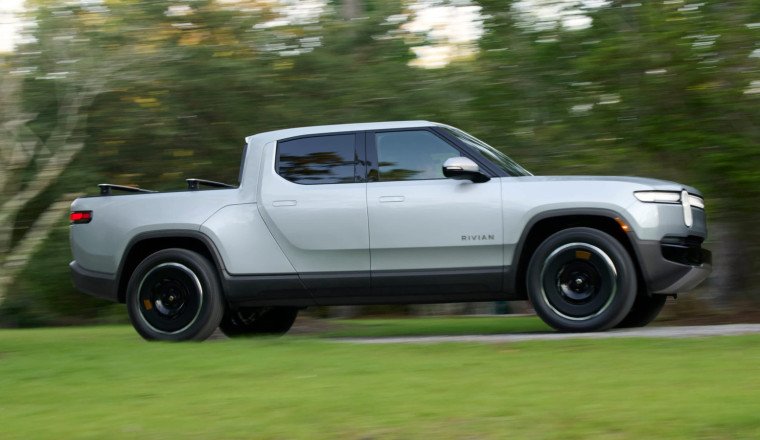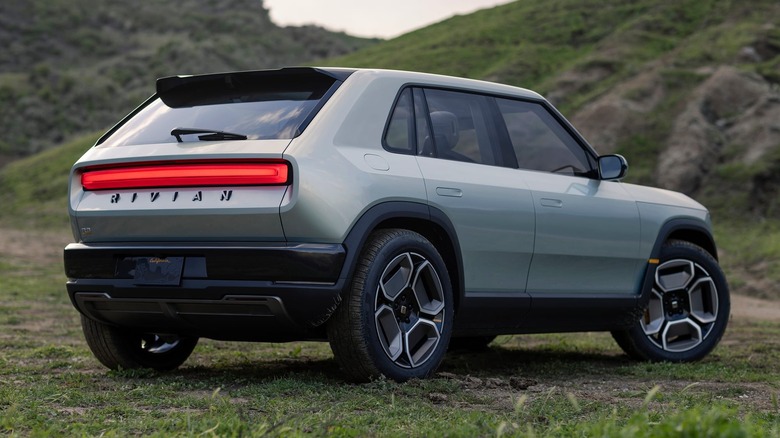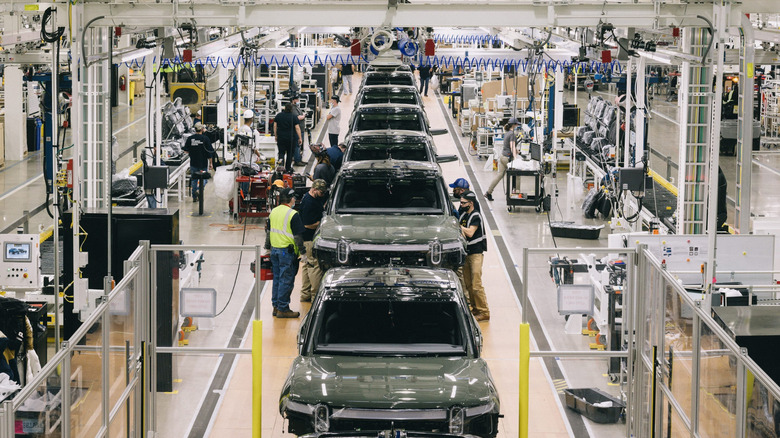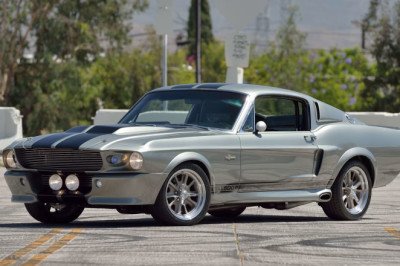Rivian Isn't Going To Sell Enough Vehicles This Year, So Now It Has To Sell Over $1 Billion In Bonds

Rivian is turning into a case study in financial engineering. On Monday, the company announced that it would sell $1.25 billion in bonds to pay off some debt that's maturing in 2026. Last week, Bloomberg reported that the company was shopping a $2-billion deal for the same purpose. The big difference is that the larger issuance would have been high-yield debt — junk bonds with a vertiginously high 10% rate.
The company needs cash like a shark needs to keep swimming. It narrowed losses from well over a billion dollars per quarter to a projected deficit of just under $2 billion for all of 2025. But it recently cut its delivery expectations for the full year to a range of between 40,000-46,000 vehicles. With about $7 billion in cash on hand, the company could theoretically operate for a few years. But it's still losing a lot of money on each vehicle it sells – and now it expects to sell as many as 10,000 fewer than it did last year.
Rivian is backstopped, to a degree, by Volkswagen and a roughly $6-billion investment unveiled in late 2024 and labeled a "joint venture," although the deal looks more like a sort of slow-motion takeover, with several billion structured as convertible debt (VW would have the option to turn that into Rivian stock when the bonds mature). But boy oh boy! The future look risky for what was hoped to be the next Tesla.
 Rivian
Rivian
There is one simple truth in the auto industry: debt kills car companies. Rivian has been a darling of the post-Tesla EV world, but the company is carrying about $4.4 billion in borrowing, plus a few billion more in lease liabilities, bringing its entire load up to around $6 billion. The good news is that it doesn't have to sell junk bonds (yet) to refinance old debt and make up for weak projected 2025 revenue. But the bad news is that various flavors of debt are Rivian's only option at this point.
This is, after all, a company that raised nearly $12 billion in its 2021 IPO and at one point had a market capitalization of more than $120 billion. Tesla, by contrast, raised a mere $226 million when it went public in 2010. Rivian could have raised money by selling more stock in secondary offerings, as Tesla did, but thus far it has looked to convertible debt to avoid both dilution at its now much-reduced market cap (about $17 billion) and egregious interest expense.
For the record, Tesla also played chicken with convertible debt, in many cases benefitting from a surging stock price that meant the company was essentially raising billions at no cost to cover its losses. Tesla wasn't penalized, but that was back when the EV market was swiftly expanding. Rivian is running this play in a very different environment.
 Rivian
Rivian
Rivian posted a gross profit of $206 million for Q1 of 2025, its second straight quarter of money making before taking out, you know, the staggering cost of operating its thus-far relatively low-sales business. The company is presumably getting better at not losing over $30,000 per vehicle sold, as it was a year ago. That said, it needs to start generating significantly higher revenue to avoid a debt spiral or selling off chunks of itself to strategic investors, such as Volkswagen. Optimists anticipate the cash to start rolling in when the less expensive and more versatile Rivian R2 and R3 vehicles hit the market in 2026 and 2027, respectively.
Rivian stock has been trading in a pretty flat range for the past two years, so the markets have decided it can probably stay in business as long as the company continues to be more of a financial undertaking with a cautious upside than an unstoppable high-growth, high-volume EV manufacturer. Eventually, however, the switch has to flip and Rivian needs to post steady net profits or at least considerably higher revenue on bigger sales numbers. It will have incinerated an absolutely astonishing amount of money to get there, however, if it does.
If it doesn't? Remember the truism: Debt kills car companies. And it can kill them fast.















Facebook Conversations